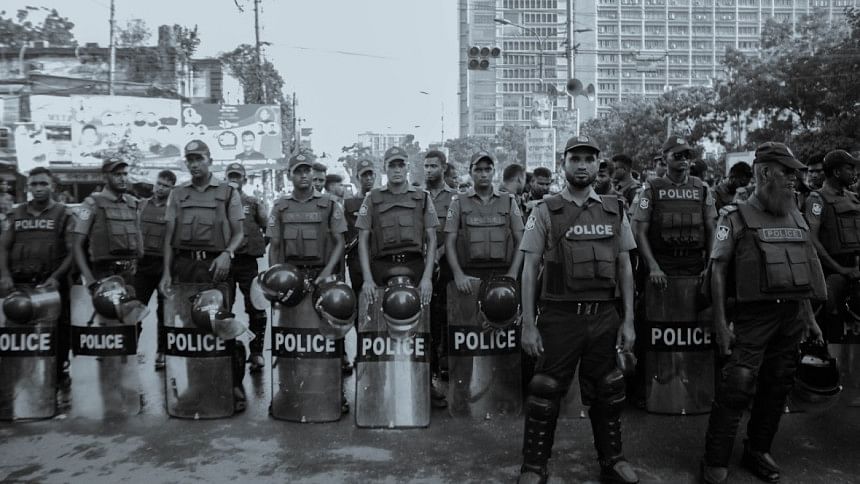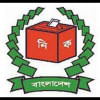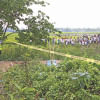Will the law enforcement agencies protect us during elections?

Chief Election Commissioner (CEC) Habibul Awal has rightly said that law enforcement agencies will have to bear the responsibility if there is any communal violence before, during or after the upcoming election. He said this after a meeting with the Bangladesh Hindu-Buddha-Christian Oikya Parishad where the organisation's general secretary has asked that areas dominated by minorities be declared as 'risky zones' during the election period and that security be beefed up in these areas. It is sad but true that such misgivings are not ill-founded as there have been incidents of communal violence surrounding elections in the past, which makes the CEC's statement all the more significant.
In the last few years, attackers have targeted minority communities, and the law enforcers have displayed apathy or reluctance in catching the culprits, who are often linked to influential groups. The fear of repercussions has prevented many victims from filing cases against their attackers. Even when cases have been filed, the likelihood of bringing the attackers to book is very slim. So, isn't it the law enforcers' job and moral obligation to investigate these incidents and arrest the suspects and have them tried in court? Or is it their role to only please one particular party because they may lose their jobs if they don't?
Let us not forget, moreover, that violence is not limited to attacks on minorities but can erupt against any individual during elections, making the role of the law enforcers critical in preventing it. So far, the police's role during political events has been far from unbiased. The attacks on opposition members during rallies, in the present times as well as in the past, where there was a strong presence of the police, have shown the level of bias with which they have operated. We have seen blatant camaraderie of the law enforcers and members of Chhatra League who have unleashed their wrath on members of the opposition and practically anyone who appeared to be critical of the ruling party. And in most cases, the police did not do anything to stop ruling party men from their assault. Meanwhile, law enforcers have shown their alacrity in arresting opposition members and filing all kinds of cases against them. Sometimes individuals who were not even present in the country during the alleged "crime" have had cases filed against them, sometimes even if they weren't alive.
The image of law enforcement agencies has taken a heavy blow in recent years because of alleged crimes committed by some of their members. But it is the politicisation of the police and other law enforcers that has been the biggest letdown for the people. The upcoming election will show us whether the law enforcement agencies will live up to the role envisioned by the CEC as well as the role we, the people, want to see, which is to protect every member of the public, regardless of their political affiliation.

 For all latest news, follow The Daily Star's Google News channel.
For all latest news, follow The Daily Star's Google News channel. 








Comments